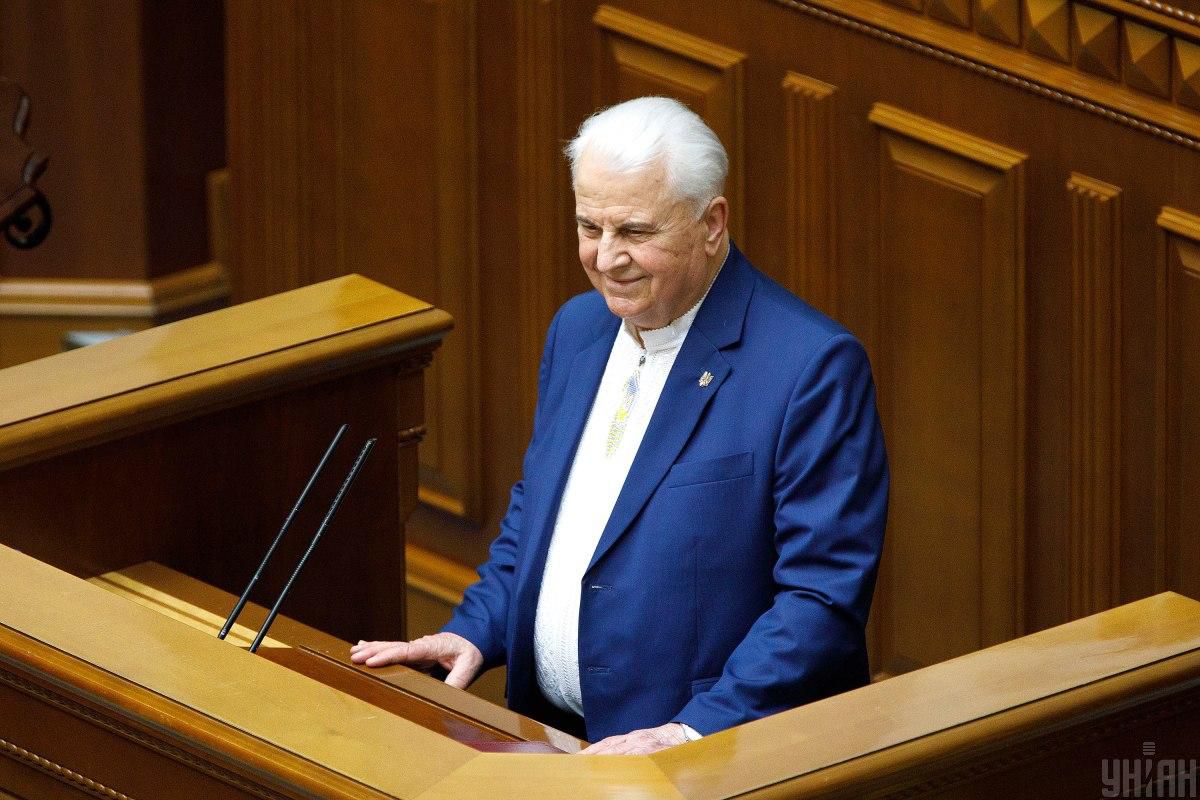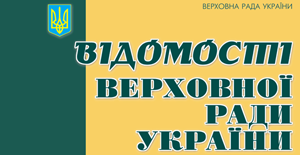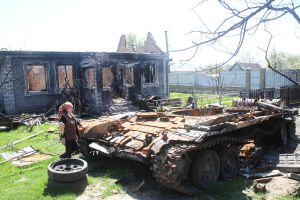On July 30, the Incumbent President Volodymyr Zelenskyy officially appointed the First President of Ukraine Leonid Kravchuk as chairman of the Ukrainian delegation at the Trilateral Contact Group (TCG) in Minsk that was formed to facilitate a diplomatic resolution to the war in Donbas, eastern Ukraine.
As it became known on July 28, the Ex-President of Ukraine Leonid Kuchma resigned his position of the Ukrainian envoy at the TCG. In this connection, Zelenskyy said that he respects the decision of Leonid Kuchma and thanked him for his work as the chairman of the Ukrainian delegation at the Trilateral Contact Group. Though Kuchma announced officially his decision to leave this position which he had held since 2014 only recently, the second president of this country expressed his intention to quit earlier, too.
After his appointment, Leonid Kravchuk assured that he would do everything in his power so that peace in Donbas will be restored. “If I can do something to facilitate peace in Donbas, I am going to do it till my last breath. That’s why I’ve agreed to take this position”, he said.
Kravchuk also said that he is prepared to come to a compromise with Russia, but gave no concrete examples what he meant. “Compromises are needed to deal with a situation. At the same time, there are things that cannot be a subject of compromises. These things are sovereignty, territorial integrity, independence and the inviolability of borders. Such things are not to be discussed”, he underscored.
However, many political analysts do not expect serious changes in the work of the contact group after Kravchuk will replace Kuchma. Thus, they say that the delegation’s policy line is determined by directives of the President while the leader of the Ukrainian delegation at the TCG performs generally representative functions.
In the opinion of analyst Mykhailo Samus, it is unlikely that the Minsk agreements will lead to the settlement of the armed conflict in Donbas. He says that these documents contain several problematic moments – most likely deliberately implanted by Russia – that violate the logic behind the settlement of any conflict. As a rule, the resolution of a conflict begins in the sphere of national security. At first, measures are taken to stabilize the situation and ensure the beginning of a ceasefire. Then, the troops on both sides are disengaged and a peacekeeping force is invited. And only then preparations begin for elections and finally, elections are held. These are the set of sensible reasons for reaching the settlement of a crisis. As for the Minsk agreements, this consistency is absent there. On the contrary, everything is confused, put upside down. For instance, Russia claims that at first Ukraine has to carry out constitutional and political changes, give a special status to the occupied territories, hold elections and only then Russians will pull out their troops and hand the control over the border in Donbas to Ukraine.
So, Russia insists on its logic of the implementation of the Minsk agreements while Ukraine argues that the way of reaching peace in Donbas should be different. Considering the fact that the parties have diametrically opposite views on the most important issue, these agreements have no future. Moreover, the motivation of both parties is different. Russia regards the Minsk agreements as an instrument of embedding the Moscow-controlled territories into the political space of Ukraine in order to destabilize its foreign and domestic policy. As for Ukraine, the Minsk agreements are a chance to settle the conflict and restore its territorial integrity and sovereignty in the occupied territories. As it can be seen, the parties pursue absolutely different aims.
So, in the current situation when the parties stand on absolutely opposite positions with regard to how the armed conflict in Donbas should be resolved, the role of the Ukrainian delegation at the Trilateral Contact Group consists in handling negotiations as professionally as possible so that no harm be done to the national interests of Ukraine. Analyst Samus concludes that under such conditions Kravchuk, as his predecessor Kuchma, will perform his mission equally successful.
The newspaper Holos Ukrainy







